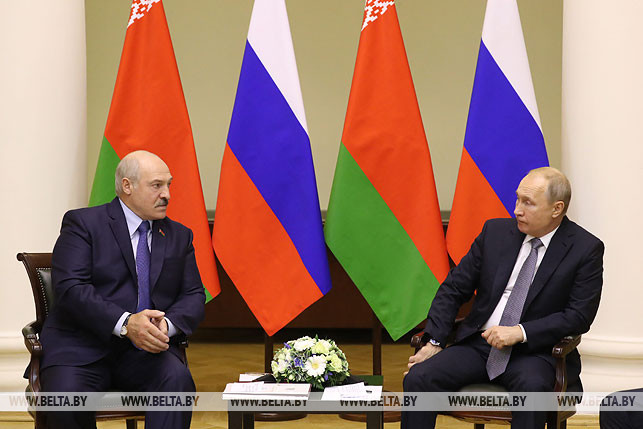Every Sunday, The Vostokian brings you the most important pieces of news from the Balkans and Eastern Europe!
Compiled by Hristo Voynov and Eva Jovanova
1. Ukraine’s parliamentary elections on the 21st will be of vital importance, as it is the first elections since new President Volodymyr Zelenskyi dissolved the parliament. His party is expected to receive a large share of the votes, but not enough for a majority. The pro-Russian For Life party, along with the parties of former president Petro Poroshenko and former prime minister Yuliya Tymoshenko, along with a new party organized by famous musician SvyatoslavVakarchuk are each expected to pass the minimum threshold for representatives in parliament. Ethnic Hungarians advocating for voting on ethnic interests has resulted in accusations of Hungary promoting separatist sentiment in the country, adding to the growing tension between the two countries over the small Hungarian population in Ukraine.
2. Bosnia and Herzegovina seems to have undergone another international injustice. The Dutch Supreme Court ruled earlier this week that the Netherlands was only partially responsible for some of the deaths in the Srebrenica genocide. From the around 8.000 deaths in the Srebrenica genocide, the court ruled that the UN Dutch battalion was only partially responsible for the deaths that occurred on July 13, 1995. Namely, for the deaths of around 350 Bosniaks on that day, the Dutch peacekeeping forces were only 10% liable. Dutch courts had previously admitted to guilt for the deaths occurring on July 13, but the percentage they had previously decided on was 30, and not 10.
3. The Czechian Social Democrats party stated that they will decide on Monday whether to leave the coalition that it formed with Prime Minister Andrej Babis’ ANO party over not being allowed to have their chosen representative be the next Cultural Minister. The Communist Party, an observing party within the coalition, is also considering whether its demands are being met. It has not indicated that it is considering leaving, but it might ramp up its request for ANO to consider its requests in the partnership. The current government has survived two no confidence votes and many scandals connected to its controversial leader Babis, but only because minority coalition partners stuck with it. If they defect to the opposition, the government would have no way of maintaining control, likely leading to snap elections that are unlikely to result in a significantly different parliamentary make up.
4. Serbia welcomed the French President, Emmanuel Macron, on Monday. During a joint press conference with Serbia’s President, Aleksandar Vucic, Macron announced the expected bad news for Serbia’s EU prospects – there would not be any enlargement before the EU reforms internally. Macron reminded the Serbian leader that Serbia should, however, stay committed to its European path, and should work towards resolving the dispute with Kosovo. He claimed he would organize a joint meeting between him, his German counterpart, Angela Merkel, and high-level representatives of Serbia and Kosovo. Vucic stressed that he was content with Macron’s openness and honesty during their meeting.
5. A meeting between Belarusian President Alexander Lukashenko and Russian President Vladimir Putin regarding the proposed Union State made it appear as if the unification proposed between the two nations is closer than expected. Lukashenko, in particular, appeared to be pushing for substantial steps towards the treaty, giving the 20th anniversary of the treaty as a soft deadline, stating that he does not think there should be any further issues left unresolved after December 8th. No reason was given as to why this date should be the next milestone, as very little was done in those 20 years. This has fed rumors that the two will unify as a pretext for Russia’s constitution to be re-written, allowing Putin to remain in power for longer than the current constitution allows for.
6. An investigative journalistic article by Balkan Insight (BIRN) on ties between Croatian and Ukrainian far-right wings shook the news this week. Between 20 and 30 Croatians had fought as part of the Azov volunteer battalion against the Russian-backed rebels in Eastern Ukraine in 2014 and 2015. Orthodox Serbs, on the other hand, supported the Russian-backed rebels in the same conflict, which places the Croatians against the Serbs in the same conflict, invoking the hatreds from the Yugoslav Wars. What is more concerning for Croatia, the last country to join the European Union, is that it seems that the Azov political wing active in Ukraine has forged political ties with the Croatian right-wing parties that had their momentum in the European election this May. There are plans for Azov to hold a conference in the Croatian capital, Zagreb, this September, in which it might disclose the right-wing plans for a “Foreign Legion” of far-right.


0 comments